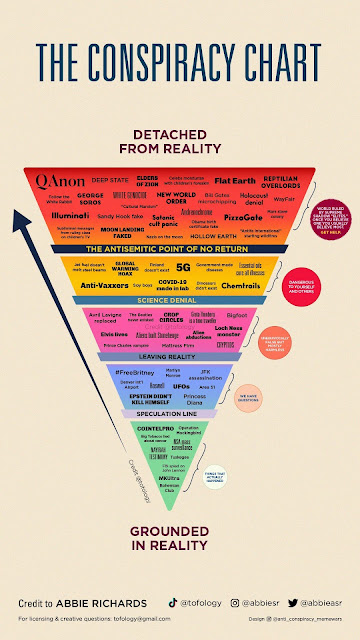One of the things that I've struggled with when it comes to Christianity is it's sordid history when it comes to ecclesiastical structures. How could the common man come to know Jesus with all the elements seemingly against them? (Bad theology, no access to vernacular translations of the bible, endemic/systemic corruption, to name a few.) Because, if you are protestant, the implied answer is, "none." But that's a gross simplification and—arguably—blasphemous truncation of God's power to save and preserve his people, regardless of time period and reigning zeitgeist.
 |
| A good example of the roman architecture being absorbed by the landscape. |
Recently I read an essay by Umberto Eco named "On the Shoulders of Giants" (coined from Bernard of Chartes's quote "We are dwarfs on the shoulders of giants.") Eco’s general thesis is that there is a productive tension between the past and present. Innovators spurn the past, invoking a "newer is better" philosophy, but willfully ignore the shoulders of the "giants" they stand upon (that is, the great thinkers of the past). I see this concept playfully imagined in Assassin’s Creed: Valhalla which presents a pseudo-historical recreation of Anglo-Saxon England, and the multicultural landscape of the time. The game itself, developed by Ubisoft Montreal, evokes the impression that it was heavily researched and painstakingly developed to render the world faithfully. Most impressive, is the haunting ruins that scatter the world map, which the developing nation-states occupy. Unlike Eco’s essay, the denizens of this medieval Britain, live in the shadows of giants, with their “modern” cities, parodies by comparison to the enduring roman infrastructure that are still serviceable some 800 years after their construction. Christianity is portrayed how I would expect it to be rendered in a AAA action rpg, though, to the game designer’s credit, the primary theological objective is to explore the mythology of Asgard and the eschatological conclusion of Ragnarök.
 |
| One of the abbeys (I forget which) built around a roman aqueduct. |
All this to say, after the 77 hours I’ve put into this game so far, I realized that there was a striking resemblance between the bishops and jarls of Anglo-Saxon England and our modern politicians here in the United States, especially those that espouse a belief in Christianity. The development of Christianity, unfortunately coinciding with the fall of the Roman Empire, begat structures and organizational practices out of necessity, with ecclesiastical institutions filling the vacuum. Modern American conservatism lies to us and says that “things used to be better”, when the reality is less impressive: everything is still the same. People die and fuck and instigate conflict and oppress without pause, and will continue to until Jesus comes back. And, while, this might seem a trivial realization, I found it oddly comforting. If the televangelists and politicians of today equate to our previously mentioned bishops and jarls, then the typical, ordinary believer of today, likewise, existed.
Because of the well-designed
world presented by Valhalla, I can
reasonably imagine a man living in a hamlet beside a river, concerned with his
crops and animals. He takes a wife, has a few children, only one or two
surviving to adolescence. The village
is threatened on occasional by lawless
thugs or journeying Vikings. Otherwise, against this backdrop and the changing seasons,
the Church existed. People were forgiven and baptized, listened to the priest
and took communion, just like they did today. No one wrote books about their
unimpressive lives, whereas the conniving abbots and deceitful kings endured in
memory because their status in society afforded them biographers and notaries.
So, it’s comforting, in a weird way, I guess.
Thank you, Lord, that the world is boring.
 |
| Urnes Stave Church: Built in 1129 in Norway. |





















